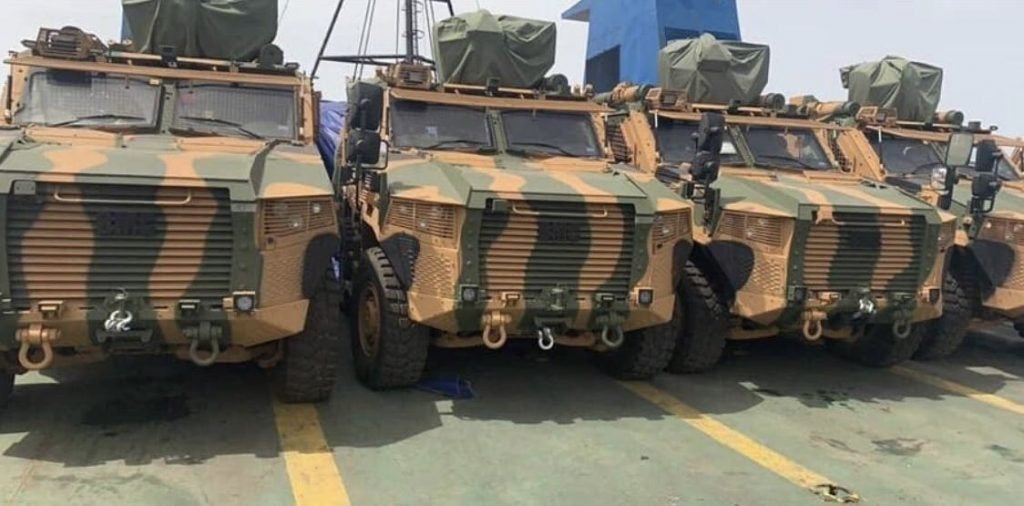Turkish Troops Deploy to Libya
The President of Turkey, Recep Tayyip Erdogan, has announced the beginning of deployment of Turkish troops to Libya. This follows the parliamentary approval on 2 January of a resolution to deploy troops in support of Libya’s Government of National Accord (GNA). The GNA had requested military assistance from Turkey following the ratification of a security and military cooperation deal by both governments.
In an interview with CNN Türk, Erdogan stated that the troops deployed will set up an operations center for training and cooperation. He added that while troop deployments have begun, the main force will only arrive later. The terms of the resolution are that the troop deployment will be one year in duration.
The troops deployed will be in non-combat roles supporting the GNA. The Tripoli-based GNA, led by Prime Minister Fayez al-Serraj, is the internationally recognized government of Libya. Turkey has previously provided material support to the GNA such as MRAPs and Bayraktar unmanned combat air vehicles, but had not deployed military personnel to support it before this.
The GNA is opposed by General Khalifa Haftar’s self-styled Libyan National Army (LNA). While both the GNA and LNA are nominally under arms embargoes, the LNA is supported by several countries, including France, Egypt, Russia and the United Arab Emirates. Egypt and the UAE have conducted airstrikes on behalf of the GNA, with the latter also committing its Chinese-made Pterodactyl (Wing Loong) drones to support GNA forces.
The LNA mounted an offensive aiming to capture Tripoli in April 2019, but reached a stalemate soon afterwards. While GNA-aligned militias have inflicted several defeats against LNA forces, their lack of discipline and coordination prevents them from projecting power sufficiently far from Tripoli to facilitate a decisive defeat of LNA forces. In response, the LNA has increasingly called upon the services of foreign mercenaries, including Sudanese Rapid Support Forces paramilitaries (an outgrowth of the Janjaweed responsible for genocide in Darfur) as well as the Russian Wagner PMC, who are believed to be responsible for the downing of an American MQ-9 Reaper over Tripoli.
News of the approval of the resolution was condemned by Saudi Arabia, Egypt and Cyprus, with Saudi Arabia referring to it as an “escalation” of the conflict. The United Nations has urged for a ceasefire as well.
Haftar has declared “jihad” against Turkey in response, and has intensified rocket attacks and airstrikes on Tripoli. Rocket attacks on 3 January, on the Mitiga International Airport forced the airport to suspend operations twice in six hours and severely damaged the Diabetes and Endocrinology Centre in Tripoli. Haftar’s forces also conducted an airstrike on the Tripoli Military College on the night of 4 January, killing 30 cadets. The airstrike has drawn condemnation from the United Nations Support Mission in Libya (UNSMIL).
With Greece and Cyprus opposing the deployment, Turkey’s options for transporting materiel to support its troops is limited. Similarly, Greece, Cyprus and Egypt are all unlikely to permit Turkish Air Force aircraft to fly through their airspace on combat sorties. Perhaps as a result of this, Prime Minister al-Serraj and Turkish Minister of Foreign Affairs are both visiting Algeria. While Algeria has previously stated that it opposes a “military solution” to the situation in Libya, Algerian diplomatic support for the GNA could strengthen its hand in the Berlin Process, which aims to end the fighting through diplomatic means.

